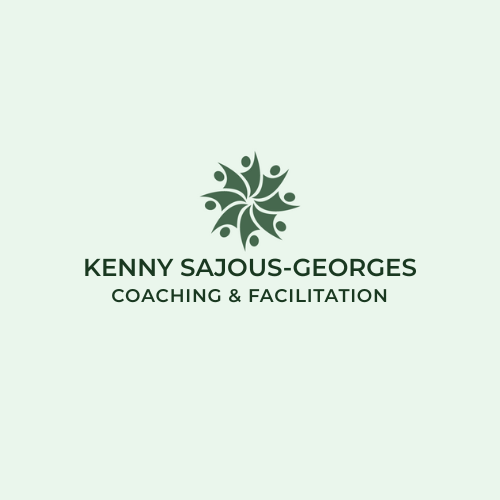Can Development and Self-Compassion Coexist?
As far back as I can remember, I’ve always had a strong drive to grow. Part of it came from a real desire to make a positive impact, to help shape the world I inherited in ways that felt more loving and humane.
But mixed into that intention was also a quieter striving to finally feel “good enough.”
The intention wasn’t wrong. It pushed me to learn, stretch, and take on big challenges, but it often carried a subtle pressure to fix or prove something about myself. Over time, I noticed how different that feels from growing out of love, curiosity, and natural expansion. One contracts; the other opens. One tightens my attention around what’s missing; the other lets me breathe, explore unforeseen possibilities, and stay present.
Pressure Replaces Presence
That pressure showed up everywhere, including in coaching and facilitation. In some conversations, a voice inside whispered, “If I can’t figure this out right now, I’m never going to be a good coach or facilitator.”
The irony is that this pressure, which came from the sincere desire to serve well, pulled my attention away from the person in front of me and back onto myself. Instead of listening deeply, I was scanning for signs of failure, making it even harder to meet the challenge in a satisfying manner. And when things felt off, which they inevitably do at times, it seemed to confirm the story that I wasn’t good enough. The spiral fed itself.
Learning Without Judgment
Infants learning to walk are a helpful metaphor for me here. They don’t judge themselves for falling. They don’t interpret a wobble as evidence of a lack of worth. They take a step, fall, get up, try again. Constantly powered by curiosity and the inherent pleasure of learning.
Somewhere along the way, many of us lose that freedom. I certainly have. We still fall, but now we make it mean something about our value. And when the pressure to “get it right” becomes too loud, the natural joy of learning that helped us grow in the first place gets pushed aside.
A Small Act of Self-Compassion
One thing that has helped me interrupt the downward spiral in coaching conversations is a simple self-compassionate pause:
“Oof… this is hard and uncomfortable right now. It’s probably not as bad as my mind is making it sound. I’m likely not the only human who would find this moment challenging. Let’s stay with the client and trust that we can find our way.”
This tiny shift changes everything. It names the difficulty without fighting it. It opens the possibility that the moment is workable. And I can’t count the number of times the path forward emerged in unexpected ways once I stopped forcing things.
What Self-Compassion Makes Possible
When I pause and meet the discomfort with self-compassion, something shifts. Instead of tightening, I soften. Instead of spiralling into self-judgment, procrastination, and closing down, I regain access to my curiosity, presence, and intuition. From there, learning becomes easier. Experimenting becomes less risky. Mistakes become data rather than threats.
This creates a virtuous cycle:
self-compassion → better regulation → clearer presence → better outcomes → more confidence → deeper growth → more self-compassion.
Because I’m no longer fighting myself, freedom and pleasure are once more part of the process of growth. And with them comes momentum: steadier motivation, more daring experimentation, more openness to feedback, and more courage to ask for help.
In my experience, development and self-compassion don’t just coexist. They reinforce each other. The inner environment that allows us to grow is the same one that allows us to be kind to ourselves: open, curious, flexible, receptive.
🌱Pause · Ponder · Practice
Pause: Where in your life do you place pressure on yourself to “get it right,” and lose access to presence or curiosity? Coaching, parenting, creative work, relationships?
Ponder: What might become possible in those areas if the drive to grow was held with more warmth and less pressure? If mistakes didn’t mean something about your worth?
Practice: For any area of your life where you might be in need of more kindness, Try Kristin Neff’s Self-Compassion Break. It’s a short, in-the-moment practice with three steps:
Mindfulness:
Acknowledge what’s difficult without minimizing or exaggerating it. Feel the emotional discomfort in your body if you can.
(“This is a moment of struggle.”)Common Humanity:
Remember that challenges and imperfections are part of being human.
(“I’m not alone in this.”)Self-Kindness:
Offer yourself a warm, supportive statement or gesture.
(“May I be kind to myself in this moment.”)
.
You can find out more about this practice at: https://self-compassion.org/exercises/exercise-2-self-compassion-break/

